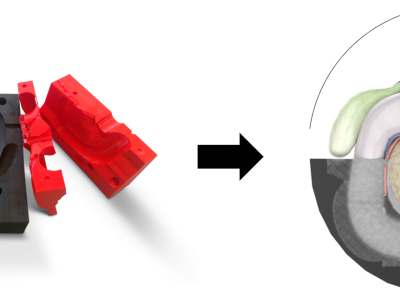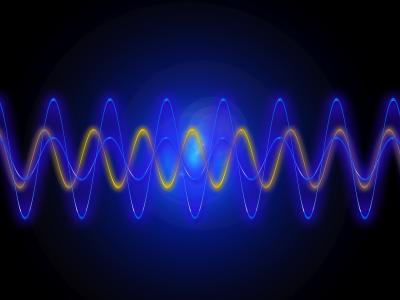
The electroretinogram (ERG) is a clinical test that records the retina's electrical response to light. The ERG is a promising way to study different neurodevelopmental and neurodegenerative disorders, including Autism Spectrum Disorder (ASD) - a neurodevelopmental condition that impacts language, communication, and social interactions. However, privacy issues and a lack of data complicate Artificial Intelligence applications in this domain. Synthetic ERG signals generated from real ERG recordings should carry similar information and could be used as an extension for natural data.
- Categories:


